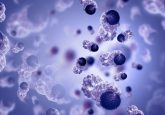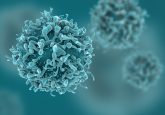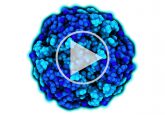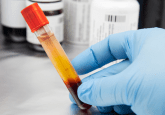Antibody–drug conjugate drug development: where are the challenges?
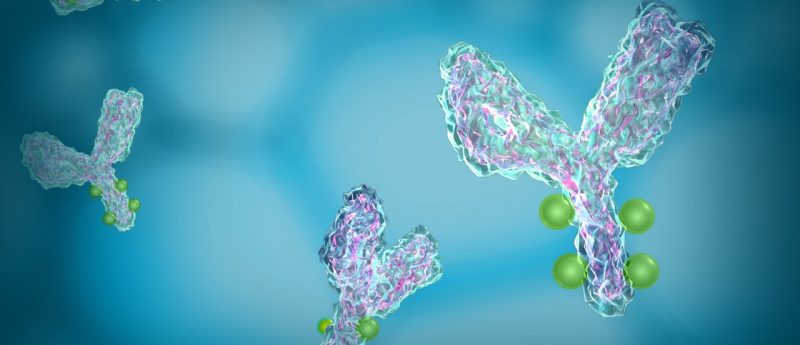
“…the challenges that remain associated with supporting drug development, characterization, preclinical and clinical studies are extensive and, notably, require a different set of expertise than typical biologic programs.”
Combining the specificity of a monoclonal antibody (mAb) with the potency of a cytotoxic anticancer product produces a therapeutic agent capable of a highly specific delivery of a drug to the target of concern. Furthermore, this is achieved without inducing any detriment to surrounding tissue and, thus, has the potential for fewer toxic side effects and an increased therapeutic window.
Despite the obvious advantages therapies such as this present, there have been very few success stories in the development of products of this nature, which belong to a class of molecules termed antibody–drug conjugates (ADCs). To date, there are only two approved ADCs available for consumer use: brentuximab vedotin (Adcetris®) and ado-trastuzumab emtansine (Kadcyla™). However, advances in protein engineering and conjugation chemistry over recent years have led to a marked increase in the development of ADCs, with the number of IND submissions in the last 5 years approximately double those in the preceding 15 years [1].
Click here for the full article.


